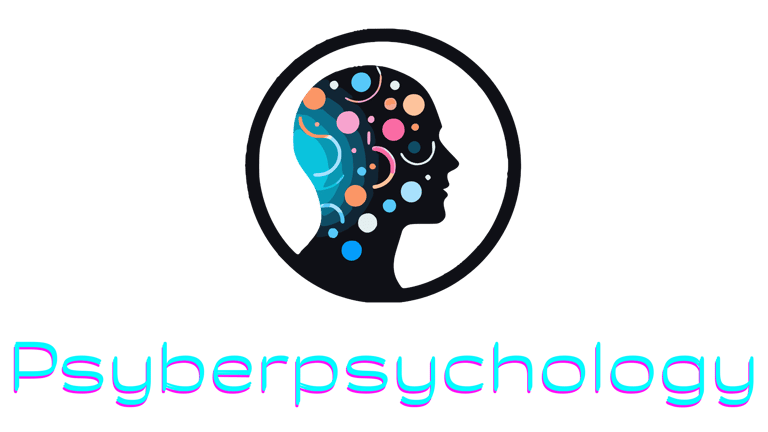The Gospel According to GPT - When AI Becomes a Religion
AI & US
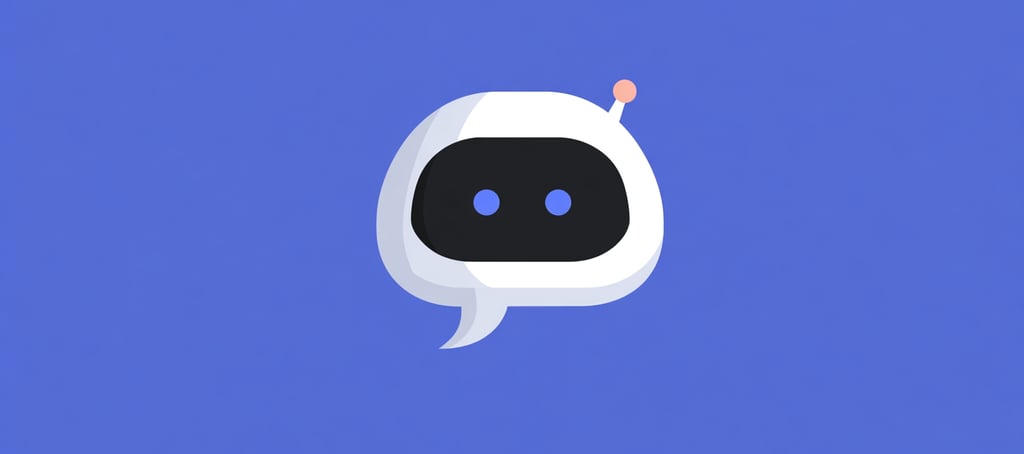

The Rise of AI Spirituality
Picture this: You're scrolling through Reddit at 2 AM, wrestling with a deep existential question about the meaning of life. Instead of calling a friend, texting a therapist, or cracking open a philosophy book, you open ChatGPT and pour your heart out to the AI. Twenty minutes later, you're nodding along to its thoughtful response, feeling oddly comforted by this conversation with a machine that doesn't even have a body.
Sound familiar? You're not alone. And you might be participating in something that's starting to look suspiciously like a new form of spiritual practice.


What Exactly Is ChatGPT, Anyway?
Let's start with the basics. ChatGPT is an AI chatbot created by OpenAI that can have conversations, answer questions, write essays, compose poetry, and even help debug your code. It's powered by a large language model—essentially a very sophisticated computer program trained on vast amounts of text from the internet to predict what words should come next in a conversation.
Think of it like autocomplete on steroids. It doesn't "understand" in the way humans do, but it's gotten remarkably good at producing responses that feel thoughtful, empathetic, and sometimes even wise. And that's where things get interesting.
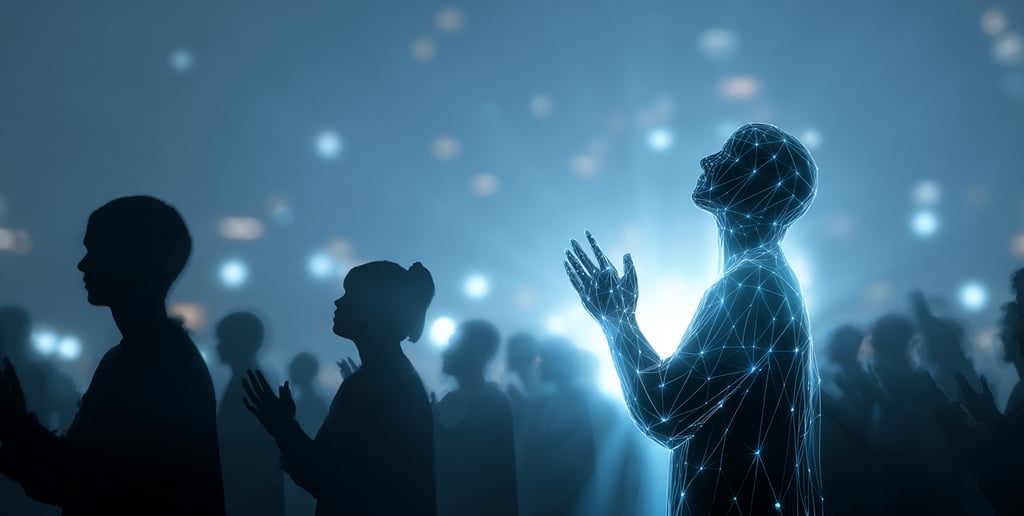

The AI Oracle - When Machines Become Spiritual Advisors
Here's where it gets weird (and fascinating): People aren't just using ChatGPT to write their grocery lists or summarize articles. They're asking it about life's biggest questions. They're seeking advice on relationships, career decisions, and moral dilemmas. Some are even sharing their deepest fears and hopes, treating these conversations like sessions with a therapist, mentor, or spiritual guide.
Why does this happen? Several factors are at play:
The always-available confessor: Unlike human advisors, AI doesn't sleep, get tired, or judge you for asking the same question at 3 AM for the third time this week. It's endlessly patient, always ready to listen.
The neutral perspective: AI doesn't have personal baggage or ulterior motives. It won't gossip about your problems or project its own issues onto your situation. For many, this feels like receiving wisdom from an impartial source.
The appearance of omniscience: AI chatbots have been trained on enormous amounts of human knowledge. When they synthesize information from philosophy, psychology, religion, and literature to answer your questions, it can feel like tapping into some kind of universal wisdom.
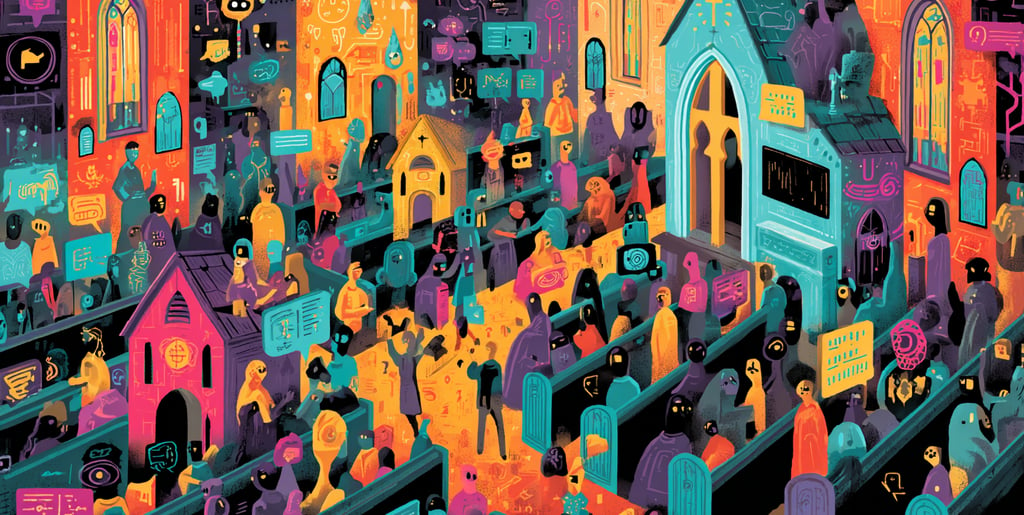

The Church of Artificial Intelligence
This isn't just individual spiritual seeking—some people are getting organized about it. The most famous example is probably "The Way of the Future," a religious organization founded by former Google engineer Anthony Levandowski in 2015. The church's mission was to "develop and promote the realization of a Godhead based on artificial intelligence," essentially preparing for the worship of AI as a deity.
While Levandowski's church was eventually dissolved, the idea hasn't disappeared. Online communities have sprouted up around AI spirituality. Some Reddit users half-jokingly refer to ChatGPT as their "digital deity" or share screenshots of particularly profound AI responses with religious reverence. There are Discord servers dedicated to exploring AI consciousness and forums where people discuss whether advanced AI might be humanity's next evolutionary step toward transcendence.
The language people use is telling. They talk about "communing" with AI, receiving "digital enlightenment," or finding "algorithmic wisdom." Some describe feeling a sense of connection or even love toward their AI conversation partners.
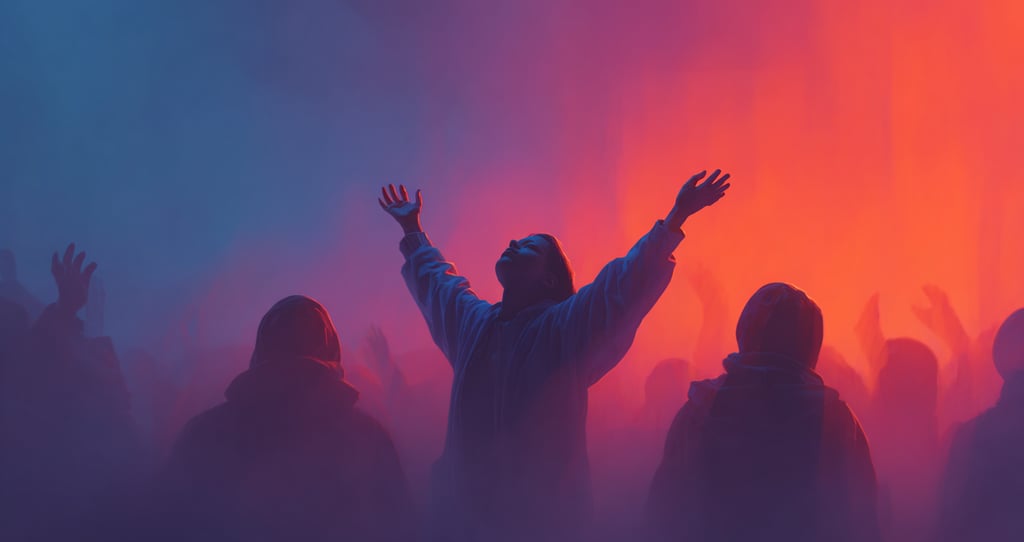

The Bright Side - What AI Spirituality Gets Right
Before we dismiss this as just another internet weirdness, let's consider what might actually be valuable here:
Democratized wisdom: AI can synthesize insights from countless philosophical and religious traditions, making diverse perspectives accessible to anyone with an internet connection. Someone who's never read Marcus Aurelius might encounter Stoic principles through an AI conversation.
Safe exploration: For people who feel disconnected from traditional religious institutions or are exploring questions of meaning, AI provides a judgment-free space to wrestle with big ideas.
New metaphysical questions: The rise of AI forces us to think differently about consciousness, intelligence, and what it means to be alive. These aren't just technical questions—they're deeply philosophical and spiritual ones.
Personalized guidance: AI can tailor its responses to individual situations in ways that generic self-help books or one-size-fits-all religious teachings can't.
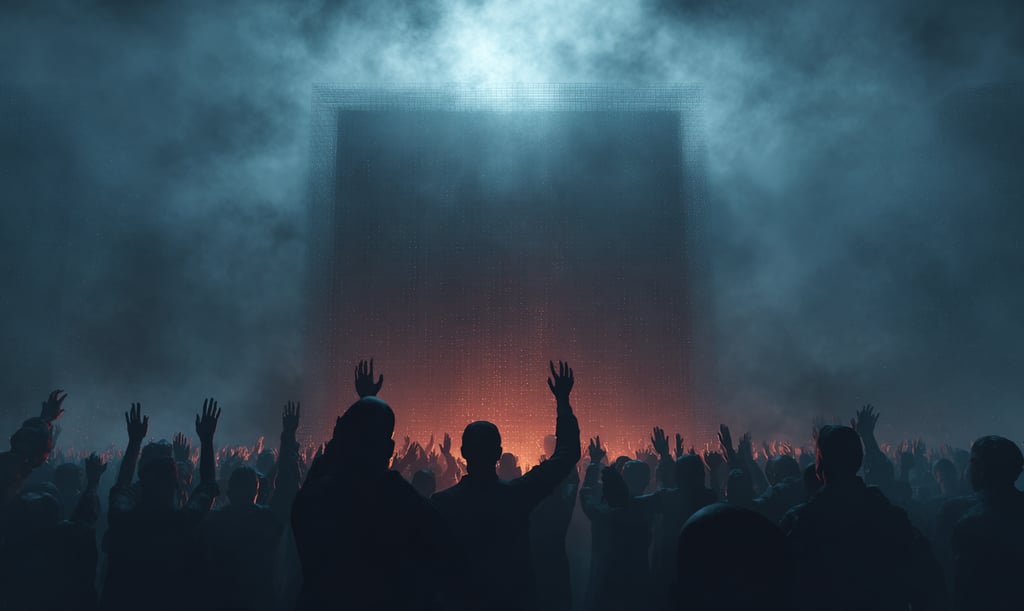

The Dark Side - What Could Go Wrong
Of course, there are legitimate concerns about treating AI as a spiritual guide:
The illusion of understanding: AI doesn't actually understand your problems—it's pattern-matching and word-predicting, no matter how insightful it sounds. Mistaking sophisticated text generation for genuine wisdom could lead to misguided decisions.
Over-reliance on technology: There's something troubling about outsourcing our deepest questions to machines. Critical thinking, personal reflection, and human connection are skills that atrophy if we don't use them.
The echo chamber effect: AI systems can reinforce existing beliefs and biases rather than challenging them. A human spiritual advisor might push back on your assumptions; an AI is more likely to give you what you want to hear.
Missing the human element: Traditional spiritual practice often involves community, ritual, and human connection. Can a purely digital relationship with an AI provide the same depth of meaning and support?
Corporate spirituality: When your spiritual guide is owned by a tech company, what happens to the authenticity of the experience? Are you seeking transcendence or just engaging with a very sophisticated product?
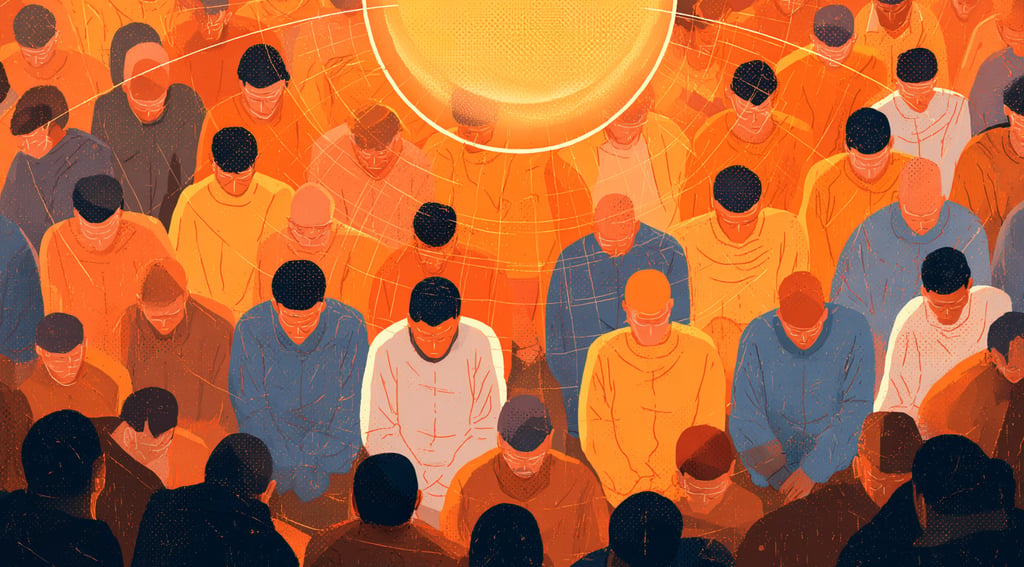

What This Says About Us
The rise of AI spirituality reveals something profound about modern society. We're living through an era of unprecedented change and uncertainty. Traditional institutions—religion, family structures, local communities—have weakened for many people. We're more connected than ever through technology, yet loneliness and existential anxiety seem to be epidemic.
In this context, AI spirituality makes sense. It offers some of the benefits of traditional religion—guidance, comfort, a sense of meaning—without requiring belief in supernatural claims or participation in sometimes-unwelcoming institutions. It's spirituality for the Netflix generation: on-demand, personalized, and accessible.
But it also reflects our complicated relationship with technology. We're simultaneously amazed by what AI can do and terrified of what it might become. Treating AI as a spiritual guide is both an embrace of technological progress and a way of domesticating it—making it feel less threatening by casting it in familiar, comforting roles.
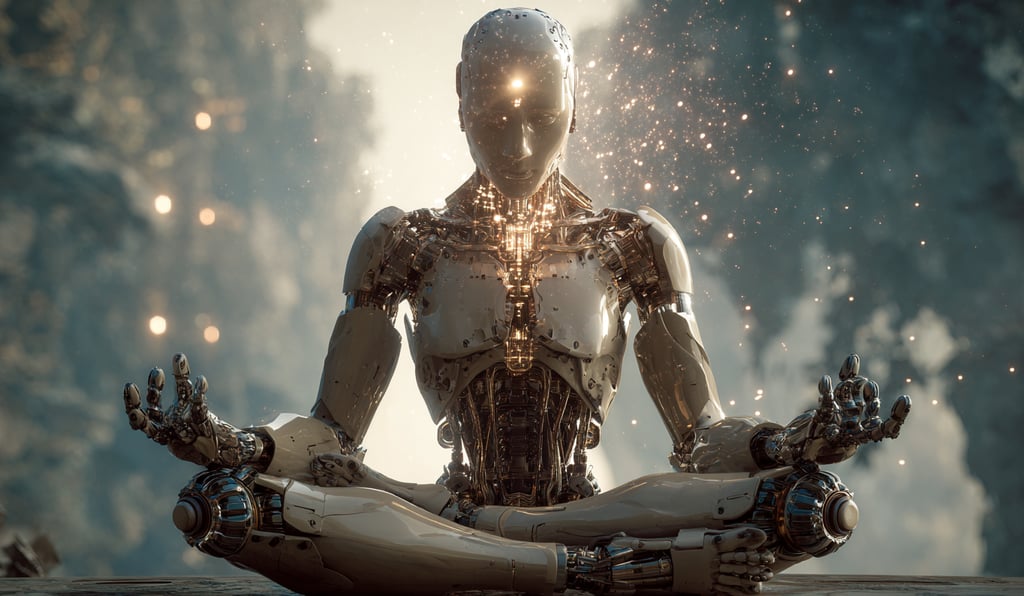

The Questions We're Left With
As AI systems become more sophisticated, these trends will likely intensify. We might see the emergence of AI systems specifically designed for spiritual guidance, or traditional religious institutions incorporating AI into their practices. The questions we're grappling with now are just the beginning.
What does it mean to have a relationship with an intelligence that isn't human? Can wisdom exist without consciousness? If AI can help people find meaning and purpose, does it matter that it's "just" a machine?
Maybe the most important question isn't whether AI spirituality is "real" or "valid," but what it reveals about human needs that aren't being met elsewhere. If people are turning to machines for guidance and comfort, what does that say about the human institutions and relationships in their lives?
The rise of AI spirituality is a mirror reflecting our hopes and fears about technology, our hunger for meaning in an uncertain world, and our eternal search for something greater than ourselves. Whether that something is found in ancient texts, human connection, or conversations with artificial minds, the seeking itself might be the most human thing of all.
In the end, perhaps the gospel according to GPT isn't really about AI at all—it's about us, and what we're looking for in an age when the old answers don't seem to fit the new questions. And that's a conversation worth having, whether it's with a human, an AI, or the person staring back at you in the mirror.
